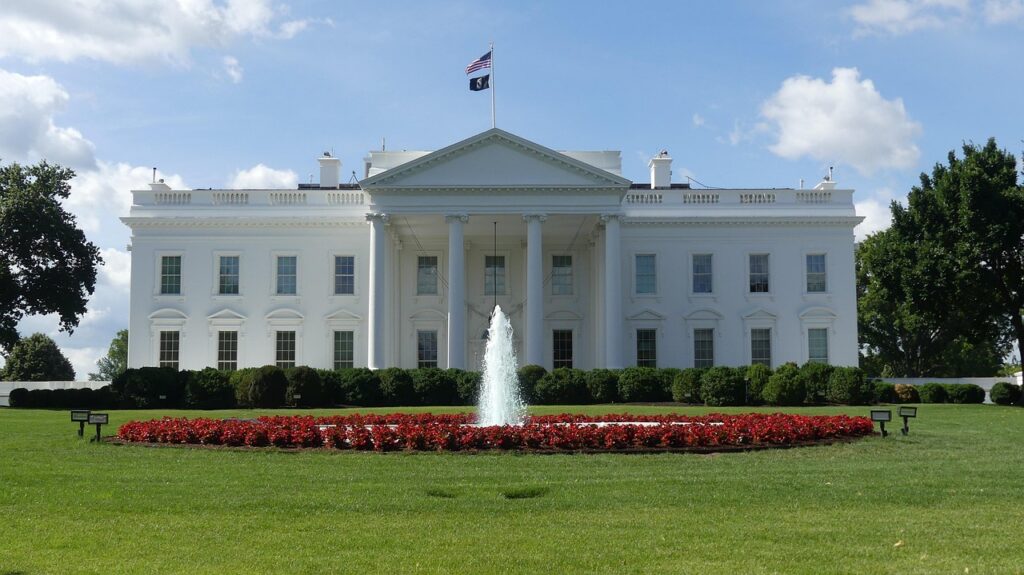Over 3 million Americans will receive higher social security benefits
On January 5, 2025, President Biden signed H.R. 82, the Social Security Fairness Act of 2023, into law. This bill repeals the Windfall Elimination Provision (WEP) and the Government Pension Offset (GPO).
As the WEP and GPO are repealed, the pensions of beneficiaries who have been covered by these systems will be increased.
The windfall elimination provision applies to those who receive non-covered pensions (this includes Kosei Nenkin) and social security pensions. Social security pension for such people may have been reduced, so the abolition of the windfall prevention provision will increase their social security pension in the future.
As further good news, the Social Security Administration, which had previously only announced on its website that it was considering how to implement the law, announced this week on February 25 that it will begin gradually paying the increased amount due to the abolition of WEP and GPO from the end of February. The law will be implemented retroactively from January 1, 2024, which means that payments will begin to be made for the difference between the pension already paid last year and the increased amount.
As the WEP and GPO are repealed, social security benefits of beneficiaries who have been subject to these systems will be increased.
So, let’s briefly explain what WEP is and why it applies to Japanese people.
The WEP windfall prevention provisions were enacted in 1983. According to these provisions, if you receive a non-covered pension, for example Kosei Nenkin, based on income that is not subject to social security tax and also receive a social security pension, your social security pension will be reduced.
For example, let’s say someone worked for an employer that did not collect SS tax for 15 years, and then paid SS tax for 25 years at another company. If this person retires and receives a non-covered pension from their first employer and then tries to receive a social security pension, the windfall prevention provisions will apply.
How is WEP reduction calculated?
Calculating the WEP reduction is quite complicated, so I will not go into it here, but basically, when calculating the pension amount at the standard retirement age (FRA) (Primary Insurance Amount), an adjustment rate of 40% to 90% is applied to the formula. The adjustment rate varies depending on the number of years you have paid social security tax, and the fewer the years you have paid, the higher the reduction rate.
However, there is a limit to the reduction by WEP, and the reduction will be the lower of $587 in 2024 or half of the non-covered pension. In addition, WEP does not apply to those who have paid social security tax for 30 years or more. In other words, the windfall prevention provisions apply to pensioners who do not pay SS tax and receive non-covered pensions.
Who are affected by WEP and GPO?
In the United States, people who work for employers that do not collect SS tax and receive non-covered pensions are mainly federal and local government employees, teachers, firefighters, and police officers. There are certain federal and state pension systems called Civil Service Retirement Systems, and these pension systems are non-covered pensions and anti-windfall provisions apply.
Foreign pensions, such as those in the UK, Canada, Japan, and several European countries, are considered non-covered pensions and anti-windfall provisions apply. For Japanese people, the Employees’ Pension Insurance is considered a non-covered pension.
According to a report by the Congressional Budget Office of the US Congress, CBO, in 2024, more than 3 million pensioners would have had their pensions reduced by WEP or GPO. Thanks to the Social Security Fairness Act, these 3 million pensioners will now have their pensions increased.
The 2.1 million pensioners who had their benefits reduced by WEP will have their benefits increased by an average of more than $360 per month. In addition, recipients of spousal benefits, known as SPOUSAL benefits, are expected to see an average increase of $700, while recipients of SURVIVING SPOUSE benefits are expected to see an increase of more than $1,190.
In any case, the abolition of WEP and GPO was well received as a way to make the pension system fairer, but it is also good news for Japanese people who have been affected by WEP.
In the past, there have been cases of misapplication of WEP for Japanese national pensions, so with the abolition of the WEP provision itself, there will be no need to worry about that in the future.
Great news but future concerns
On the other hand, there are concerns about the impact of this Social Security Fairness Act on the US finances. It is expected that this expenditure will amount to about $196 billion over the next 10 years, and some believe that this expenditure will accelerate the depletion of SS funds by more than six months. In the future, the need for SS reform will become even greater.
If any movement towards SS reform emerges in the future, we will endeavor to report back to you.

